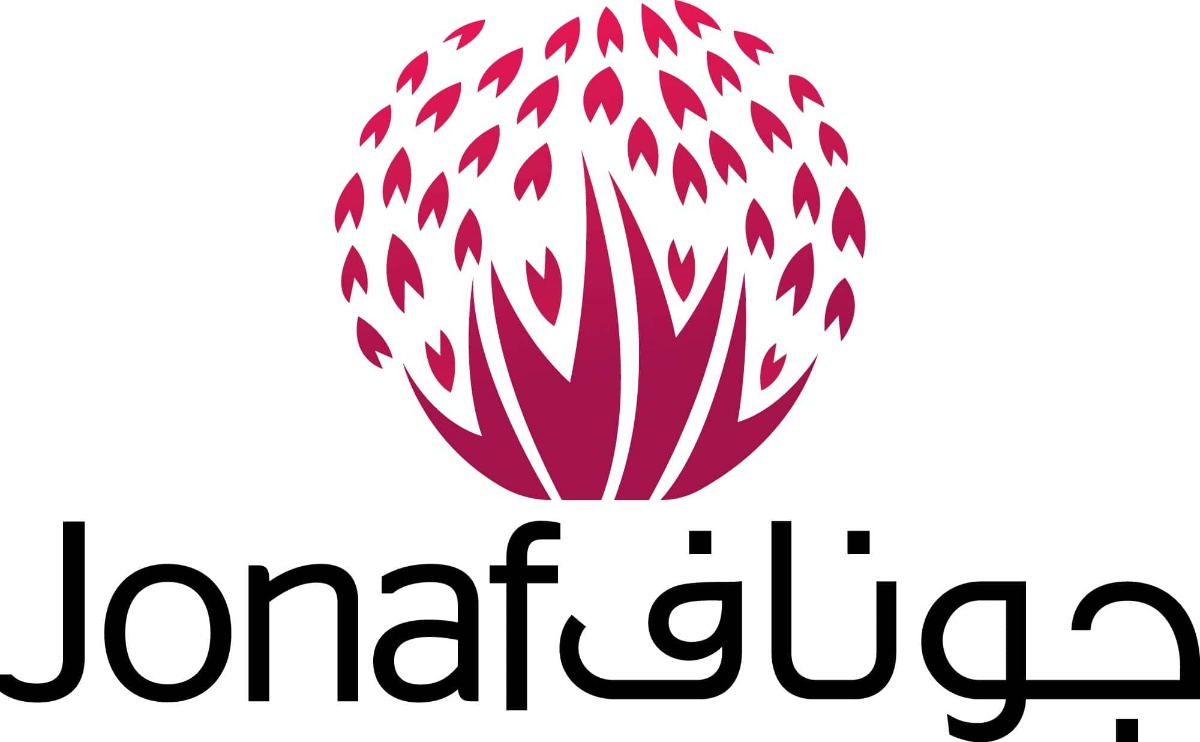After the success of the first phase of Jordan NGOs Forum’s response plan, initiated at the start of the Covid-19 pandemic, the coalition, in which 40 institutions from across Jordan are members, launched the second phase of its plan, which started in mid-November 2020 and will go on until mid-January 2021. Targeted are the most vulnerable groups of society: children, women, day laborers, migrants, refugees, the elderly, and people with special needs.
This second phase is multi-faceted; one aspect is offering protection and prevention in relation to the consequences of the pandemic and entails conducting periodic assessments of the needs of the most affected groups, working closely with the government in response frameworks, and benefiting from the varied experience of the coalition members. Several meetings were held, through which members of the civil society and the government exchanged experiences. Two reports were presented, on the localization of humanitarian work and JONAF’s performance in response to the pandemic; in the attendance of government agencies, and local civil society, and international representatives, and a policy brief was launched on women’s indebtedness in light of COVID-19.
Building on the efforts of the Harat Al-Aouna (Supportive Neighborhoods) initiative, and harnessing the youth energy in times of crises, developing and highlighting their capabilities, and enhancing their participation in their communities, JONAF worked on developing the work of the Aoun Youth Committee within the Al Nahda Youth network and provided training, through JONAF member, the Jordanian Paramedic Society, for 90 young men and women in Amman, Mafraq, Tafileh, and Zarqa on crisis management and humanitarian action protection principles, advanced first aid and protection from infection.
JONAF members also participated in the preparation of a rapid assessment of needs, by sampling 525 respondents throughout the Kingdom, with the aim of identifying basic needs resulting from the pandemic, and which are related to livelihood, education, health, and medical services, thus better informing JONAF’s response plan.
Fifty-nine percent of those surveyed said that they were not working and receive national aid’ 41% of working respondents indicated that their income had been negatively affected due to the pandemic and 20% of those who used to work had lost their jobs. By order of priority, food needs were the highest, at 61%, followed by other means of livelihood, at 55%, health care, at 50%, and education, at 37%.
The needs assessment also showed the deficiencies in providing for the main needs and services. Food and medicine were the needs most affected by the crisis, at 57% and 39%, respectively, but the crisis also affected the availability of hygiene products, at 26%, Internet services, at 25%, water, at 19%, and vaccines in general, at 17%. Educational services were the most affected, at 78%, followed by medical services, at 69%, and, finally, social services, at 68%. Seventy-eight percent of children and 74% of teachers faced problems accessing the Internet and lacked needed online learning devices; at the same time, 73% of children reported difficulty in concentrating and other digital learning difficulties.
JONAF continues to provide legal, social protection and sectoral services, in addition to providing emergency lines and referral mechanisms between organizations and concerned authorities to ensure that health needs and secure livelihoods are made available to all segments of Jordanian society. Its services were offered to more than 130,000 Kingdom beneficiaries in 2020.
In view of the exacerbating health, economic and social consequences of the second wave of Covid-19, JONAF decided to extend the second phase of the Covid-19 crisis response plan until mid-April 2021, to ensure the continuity of its efforts and endeavors, coordinating efforts with those of the government and complementing them over the coming months, building on the lessons learned to improve the relief and response services provided to local communities.


